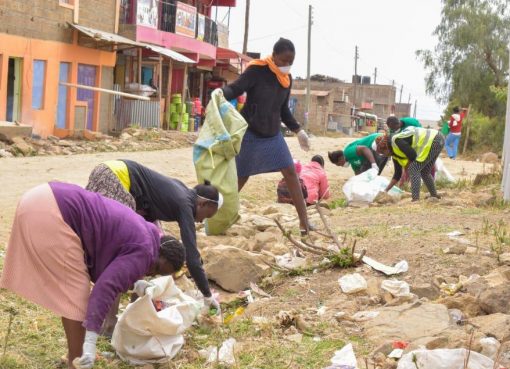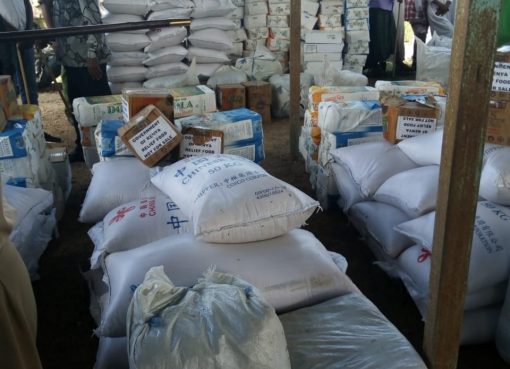The Government through the Natural Products Industry (NPI) Initiative, anchored at the National Museums of Kenya has come up with a programme that will see indigenous knowledge (IK) intellectual assets documented and digitized (DoDi), within the 47 counties.
The DoDi Programme, as popularly known, is a partnership involving state agencies, county governments and local communities. The DoDi Programme has come up with an Indigenous Knowledge Innovation Bank (InKiBank) containing IK assets from different counties.
A workshop is being held in Machakos to initiate the process towards product development and commercialization through value addition of the IK assets for the marketplace and generate income for the local communities and counties.
Prof Mary Gikungu, Director General, National Museums of Kenya while speaking at a Machakos hotel during the workshop, said after digitization of all the intellectual assets they plan to find out what products can be developed from the said assets.
The IK intellectual assets which include traditional medicinal remedies, traditional foods, heritage sites, music & dance and indigenous technologies will have value addition and packaged in such a manner that will benefit the common Mwananchi and also drive the government’s Bottom-Up Economic Transformation Agenda (BETA).
The Director General affirmed that the intellectual assets do not belong to the National Museums of Kenya but are owned by the local communities as stipulated in the Protection of Traditional Knowledge and Cultural Expressions Act 2016 (TK&CE Act 2016).
“At the end of the day we want our communities to benefit from the indigenous knowledge assets and drive cottage industries within the counties where all institutions are represented,” said Prof Gikungu.
Gikungu noted that they have chosen 13 counties to start with for phase 1 and have so far rolled out the DoDi Programme in 9 counties including Murang’a, Narok, Kisii, Kilifi, Makueni, Tharaka Nithi, Kericho, Kakamega and Vihiga.
She pointed out that in due course they are going to phase 2 where they will take another set of 20 counties before proceeding to phase 3 involving 14 counties to clear all the 47 counties.
Dr Evans Taracha, the NPI National Coordinator and a Researcher at the National Museums of Kenya, said that the DoDi Programme is incorporated into the Kenya Vision 2030 as a flagship project.
Dr. Taracha said that the documentation and digitization of intellectual assets was influenced by the 2010 Constitution Art.69 (1) (c) which mandates the State to protect and enhance intellectual property, indigenous knowledge of biodiversity and the genetic resources of the communities for their benefit.
He further added that according to the TK&CE Act 2016, in addition to protecting the IK assets, the DoDi Programme will ensure that there is value addition and commercialization of the assets to boost the country’s economy.
The project coordinator highlighted that they were well-received in some counties, however, in the initial stages the DoDi Programme was received with doubt and suspicion by the communities.
“Some complained and suspected that we were there to pick their knowledge to make a profit out of it without compensating them,” added Dr. Taracha.
Dr Taracha shared that they decided to involve the National Government Administration officers (NGAO), who held public Barazas to create awareness in the communities concerning the main purpose of the DoDi Programme and how they stood to benefit from it.
By Anne Kangero





